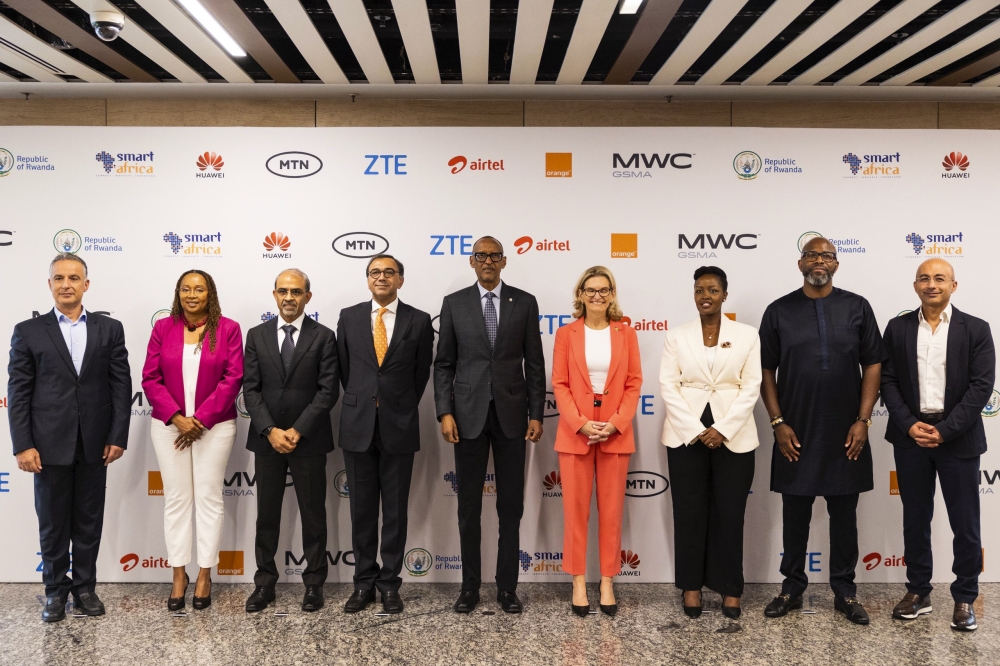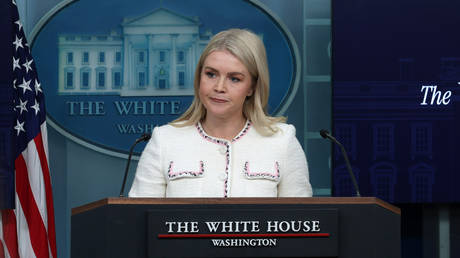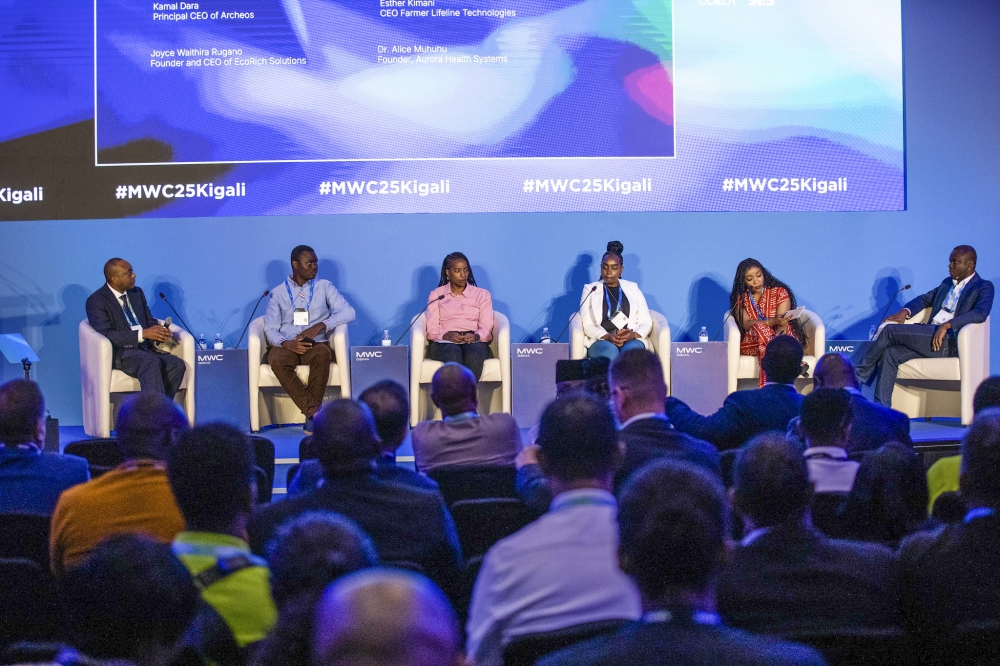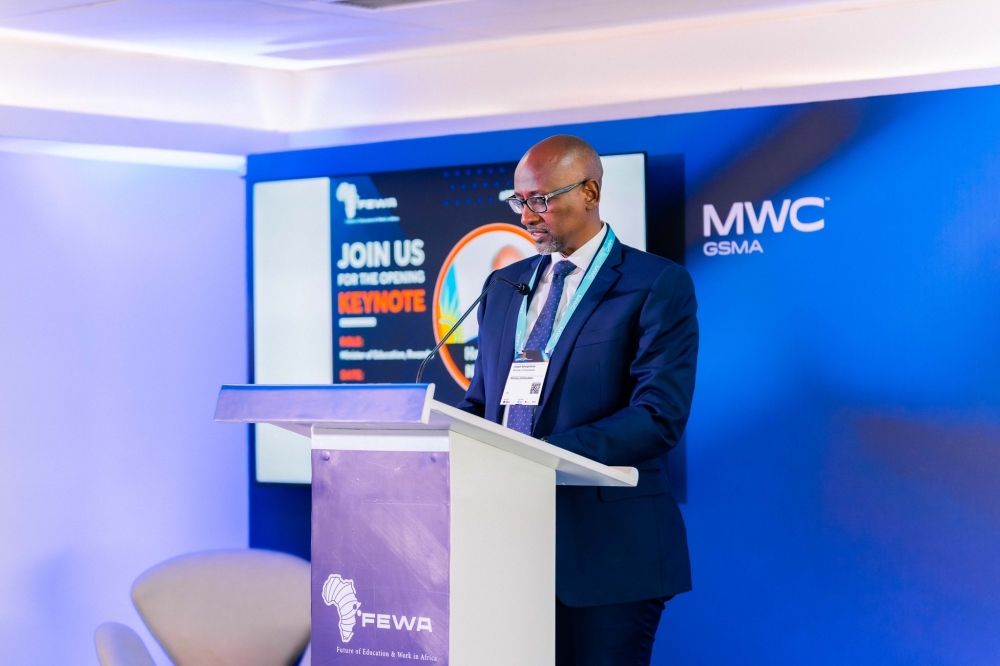The mobile tech sector contributed $220 billion to Africa’s GDP in 2024, representing 7.7 percent of the continent’s total output, according to the latest report by the Global System for Mobile Communications Association (GSMA).
ALSO READ: Telecom leaders urge Africa to harness AI connectivity for inclusive growth
The Mobile Economy Africa 2025 report, launched in Kigali on Thursday, October 23, projects that mobile technologies could contribute some $270 billion to the continent's GDP by 2030.
The GSMA projects that AI adoption, powered by expanding 4G and 5G networks, could double Africa’s GDP growth by 2035, transforming not just businesses but public services, education, and healthcare systems.
ALSO READ: New initiative targets African languages for next-gen AI
Experts who are in Kigali for the Mobile World Congress said that mobile connectivity has become the backbone of Africa’s modern economy, driving inclusion, jobs, and innovation across every sector, from agriculture and healthcare to finance and logistics.
“Mobile technology is not just connecting people, it’s creating economies. The next wave of growth depends on how well Africa integrates AI, fintech, and mobile innovation to close the digital divide,” said Angela Wamola, Head of Africa at GSMA.
Across the continent, mobile money platforms have brought millions into the formal economy, offering digital wallets, loans, and savings to communities once excluded from banking.
ALSO READ: AI must be affordable in Africa, say experts at Mobile World Congress
Industry experts highlighted that while 90 percent of Africans live within 3G or 4G coverage, only about 58 percent actively use mobile internet due to affordability and trust barriers.
Rwanda's connectivity
In 2023, Rwanda had half a million active 4G users. But guided by a national government policy and strategy, and through public-private partnerships, the reforms opened competition, lower costs and extended coverage.
"By June 2025, that number has grown tenfold, to 5 million 4G users," said Paula Ingabire, the Minister of ICT & Innovation. "In the same spirit, MTN Rwanda launched 5G services, and the government secured 60GB of bulk internet capacity, ensuring that the promise of connectivity reaches every home, every school and every hospital. Behind these numbers are real lives that are being transformed.”
She said nearly 1,000 health facilities and 4,000 schools have been connected to the internet, in addition to 4.5 million citizens trained in digital literacy under the Digital Ambassadors Programme.
Ingabire said that this is how Rwanda transforms connectivity from an infrastructure challenge into a human capital opportunity.
“We must converge across governments, industries and innovators. We must connect people, ideas and markets. And we must create solutions that are designed in Africa, built for Africa and scaled to the world,” she said.
Jeanes Viljoen, the payments expert at PricewaterhouseCoopers (PwC), said digital inclusion must go hand in hand with consumer protection because there’s a need for people to feel confident that their data, savings, and transactions are secure.






